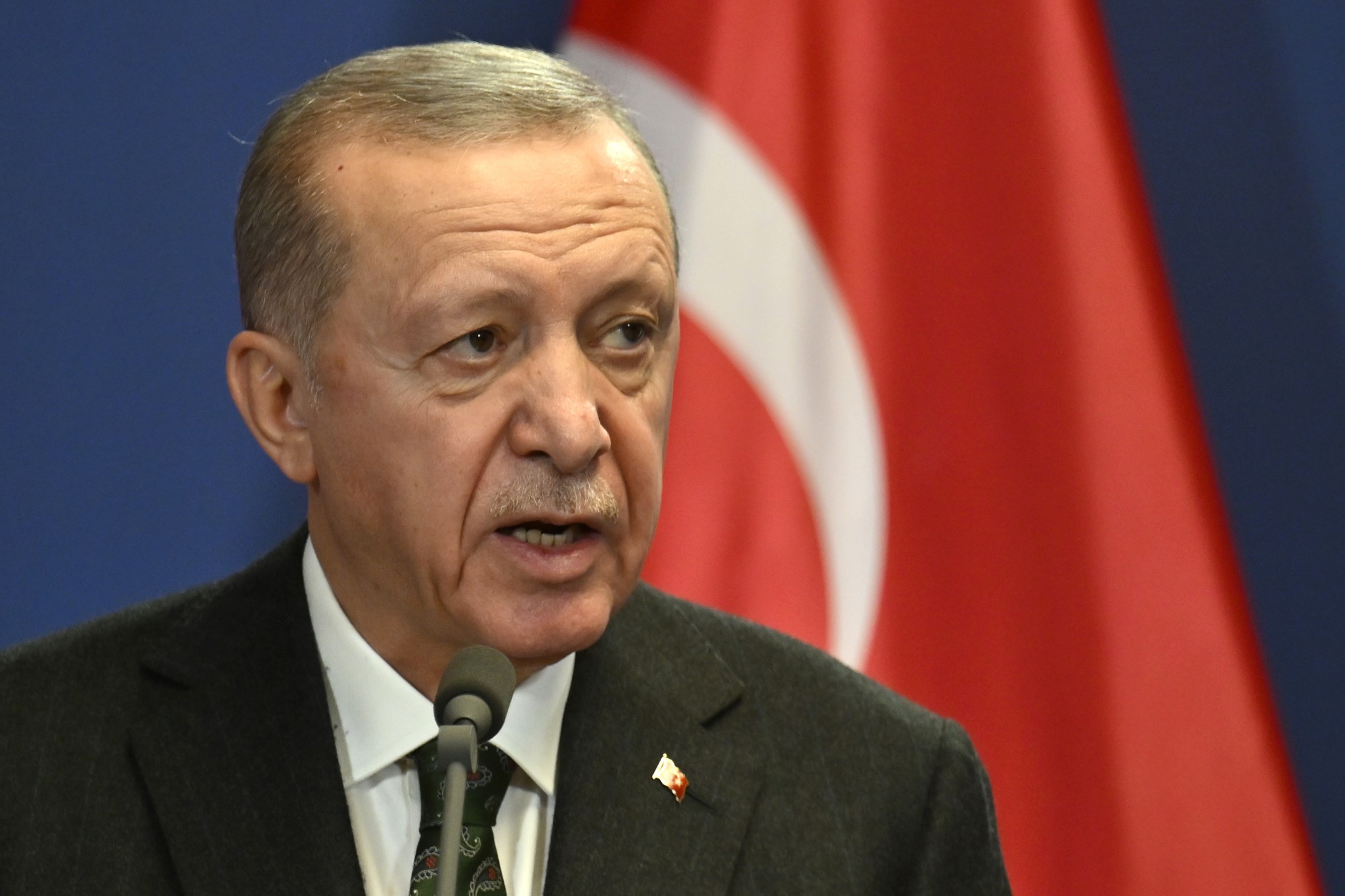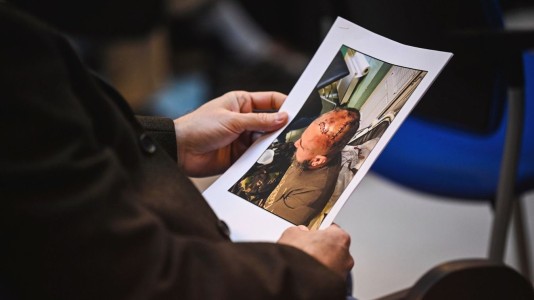Politicians from the mainstream parties in Germany have expressed their concern over the registration of a new political party sympathetic to Turkish President Recep Tayyip Erdoğan — a move that may lay the foundations for an increasing Islamic community to enjoy significant representation in the Bundestag.
The Democratic Alliance for Diversity and Awakening (DAVA) has been authorized to contest the European Parliamentary elections in June this year and has plans to stand across the whole of Germany in the next federal elections.
The party is an offshoot of Erdoğan’s Justice and Development Party (AKP), the largest political party in Turkey and the sixth-largest political party in the world by membership.
DAVA leader Teyfik Özcan said earlier this week his aim is for the party to “establish itself nationwide.” Another leading figure in the party, Fatih Zingal, said the new group would defend the rights of “people with foreign roots” and campaign against “anti-Muslim racism.”
Özcan further denied that party officials had any contact “with representatives of foreign governments either before it was founded or after it was founded.” However, Germany’s mainstream politicians aren’t so sure and have gone public with their grave concerns that a party with ties, directly or indirectly, with Turkish Islamists will damage German democracy.
“An Erdoğan offshoot running for election here is the last thing we need,” said Germany’s Green Agriculture Minister Cem Özdemir, a German-born politician with Turkish-born parents.
Long-serving conservative politician, Jens Spahn (CDU), feared that DAVA would become “another extremist party” in Germany.
Deputy chairwoman of the governing Social Democrats (SPD) Serpil Midyatli — another German politician born to Turkish immigrants — told Tagesspiegel that “there is more than enough evidence that Erdoğan and the AKP are behind DAVA.”
“It is to be feared that there will be massive advertising in some circles. Apparently, there is great fear that Erdoğan is worried about his influence thanks to the successful integration of the vast majority of German Turks. For me it is clear: There should be no financing and control from Ankara,” she added.
Iranian-born Bijan Djir-Sarai, the general secretary of the junior coalition partner Free Democratic Party (FDP), warned that Dava “runs the risk of becoming an extension of Erdoğan’s nationalist, Islamist, and anti-Semitic regime in Germany and the EU” and said: “That shouldn’t be allowed to happen.”
Do Germany’s mainstream parties only have themselves to blame?
Yet, politicians from the governing federal coalition aren’t exactly helping themselves.
While complaining that such a party could be used as a political vehicle for Erdoğan’s Islamist ideology to encroach on Germany’s political landscape, Berlin as recently as last month passed a new controversial naturalization law, slashing the time required for migrants to reside in Germany before they can claim citizenship and the right to vote.
Foreign nationals living in Germany will soon be able to obtain citizenship after just five years instead of the previous eight, and in some cases, migrants who can show “special integration performance” will be instantly naturalized after just three years of residence.
[pp id=106348]
The new law also relaxes the requirement for elderly foreign nationals to show proficiency in the German language, while children of foreigners who have lived in Germany for five years or more will be automatically naturalized.
Critics of the new policy claimed the federal government was pushing through the legislation for political gain in a bid to expand voting rights to those with migrant backgrounds more amenable to voting for left-wing parties.
However, the government’s plan could soon backfire with the introduction of Islamist parties to Germany’s political discourse which may resonate more with Germany’s new voters.






